© unsplash
Inside Academia
In addition to promoting events organized by partner universities and institutions, ML4Q has established a new event format: Inside academia. This format includes talks, networking events, information sessions, and activities designed for specific target groups, focusing primarily on the non-academic aspects of the scientific environment. The aim is to raise awareness of various challenges and inequalities within the scientific system, provide networking opportunities for different target groups, and create space for discussions and dialogue.
Inside academia is primarily an internal cluster format, but selected events will also be accessible to external interested individuals.
Upcoming events
Previous events
On June 3, 2025, Dickerson et al., returned to Inside academia to give a thought-provoking webinar, this time led by Vicent Botalla-Soler, PhD, as part of the University of Cologne’s Diversity Week. The event “Atypical – Neurodiversity in Academia” provided valuable insights into the experience of feeling different and the challenges that can arise in academic life.
Vicent spoke about how individuals develop strategies to navigate their unique experiences and the importance of understanding and accepting oneself to maintain well-being. The discussion also explored ways to create a more inclusive and supportive environment.
The event was well received by participants, highlighting the ongoing need for awareness and openness within the academic community.
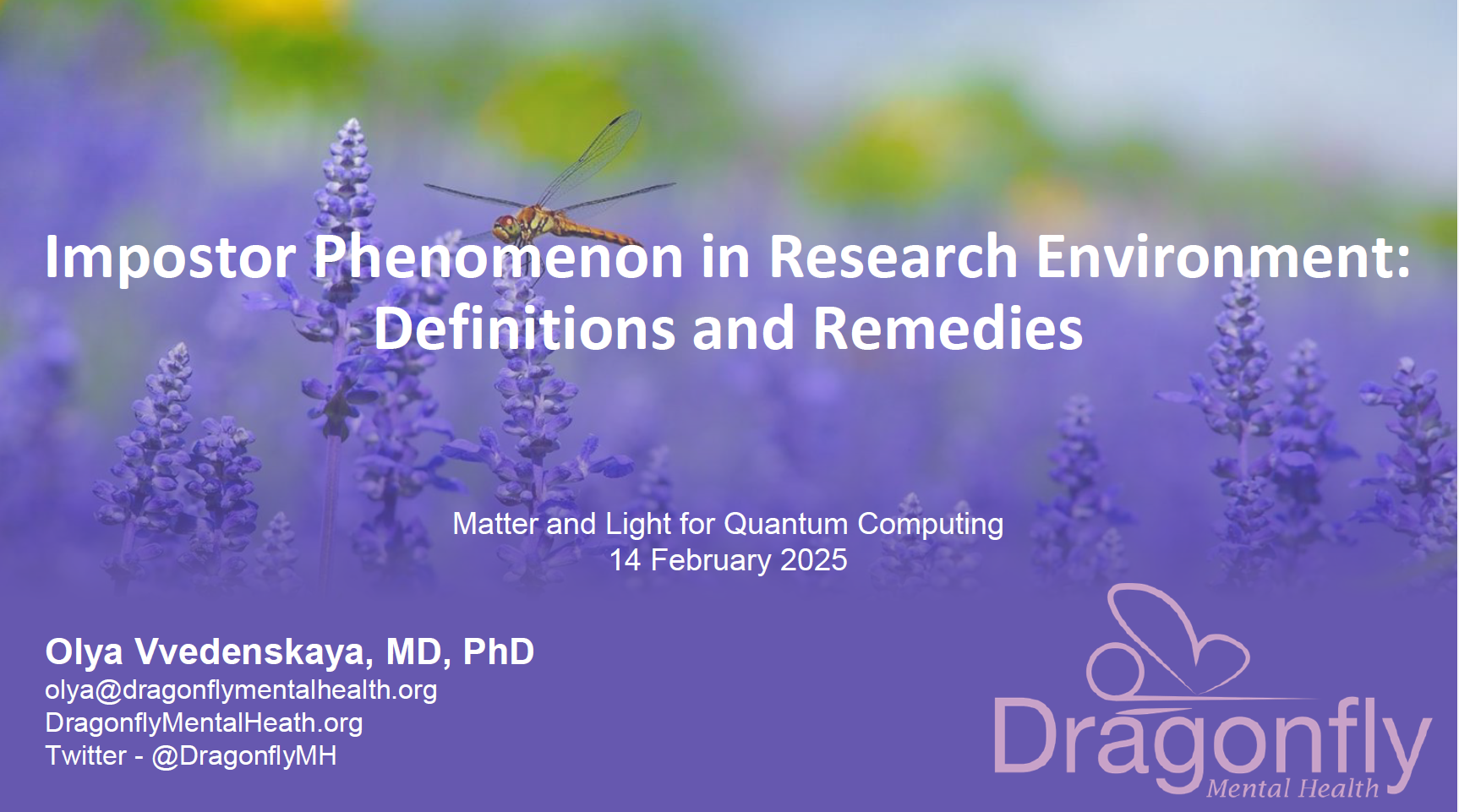
On February 14, 2025, Olya Vvedenskaya, MD, PhD, gave a compelling talk on the Imposter Phenomenon, a common challenge in academia. She highlighted how high-achieving individuals often struggle to internalize their successes and tend to credit them to luck rather than competence. Research shows that imposter feelings are widespread, especially among underrepresented groups, and can lead to stress, burnout and reduced job satisfaction.
Olya emphasized that the Imposter Phenomenon is fueled by external validation and perfectionism. Many academics feel they have to constantly prove their worth and make their self-esteem dependent on their performance. To counteract this, she outlined practical strategies:
- Awareness and Acceptance – Recognizing imposter feelings without judgment.
- Community and Peer Support – Engaging with others who share similar struggles.
- Shifting from Perfectionism to Sufficiency – Aiming for “good enough” rather than perfection.
- Tracking Successes – Keeping a record of achievements.
- Seeking Mentorship or Therapy – Gaining perspective and reassurance.
Olya, who is the co-founder of Dragonfly Mental Health and the sci.STEPS mentoring program, also presented resources to support struggling individuals. The talk ended with an open discussion where participants had the opportunity to share their experiences and ask questions.
The recording of the talk and the presentation can be found here.
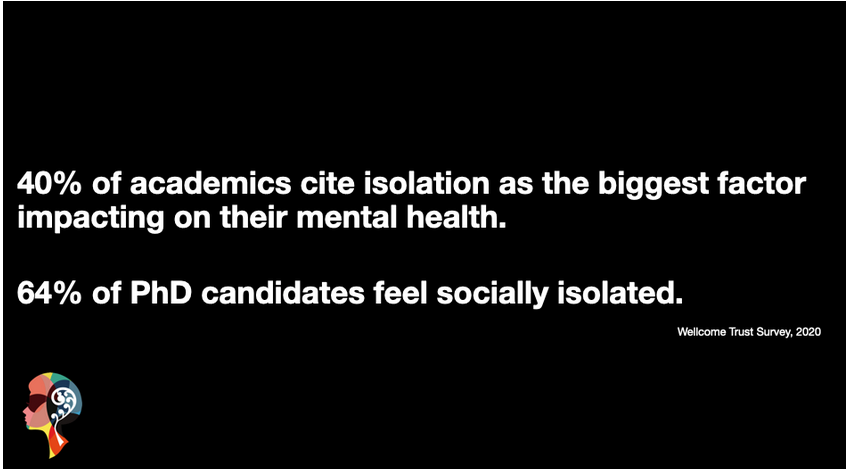
On the occasion of World Mental Health Day on October 10, 2024, Desiree Dickerson, PhD, delivered a compelling talk titled “Isolation and Belonging.” During her inspiring presentation, she emphasized the significance of belonging and explored the differences between isolation, solitude, and loneliness. Desiree discussed the negative impacts of isolation and offered practical strategies for addressing it—both for ourselves and for members of our academic and local communities.
The event was very well received, underscoring the need to address mental health, break down existing taboos, and raise awareness that no one is alone in their feelings and experiences. As a former researcher in the neurosciences and a clinical psychologist specializing in the mental health and well-being of scientists and the academic community, Desiree effectively addressed the participants’ needs and created a safe space for everyone in attendance.
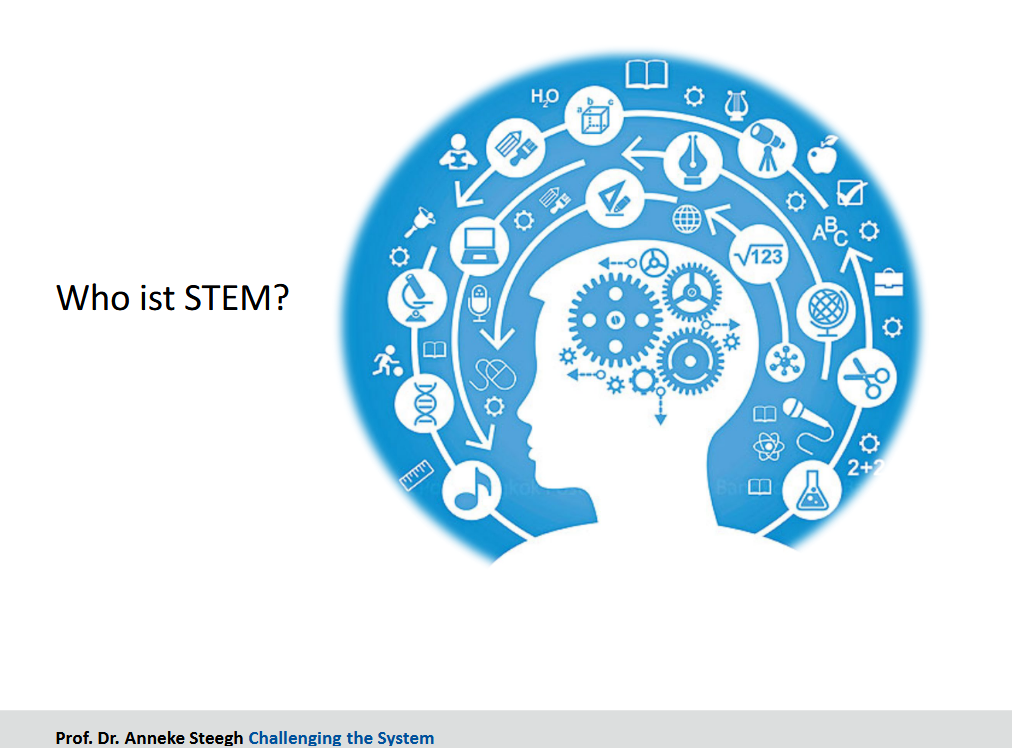
On June 28, 2024, Prof. Anneke Steegh gave an insightful online talk titled “Challenging the System: Examining Identities in STEM.” This event provided a deep dive into gender differences, stereotypes, and the role of personal identities in STEM fields.
Prof. Steegh, a gender and identity researcher, biologist, and science didactics expert, offered a clear overview of the inequities in STEM and the mechanisms behind them. Her presentation made these topics understandable and relevant through real-world examples and reflections on personal identities.
Participants were encouraged to reflect on their own identities and their impact on professional lives in STEM. Prof. Steegh also shared practical strategies to foster an inclusive and equitable environment, emphasizing the importance of allies and a culture of belonging.
The talk was well-received by the audience, who appreciated the clarity and relevance of the content.
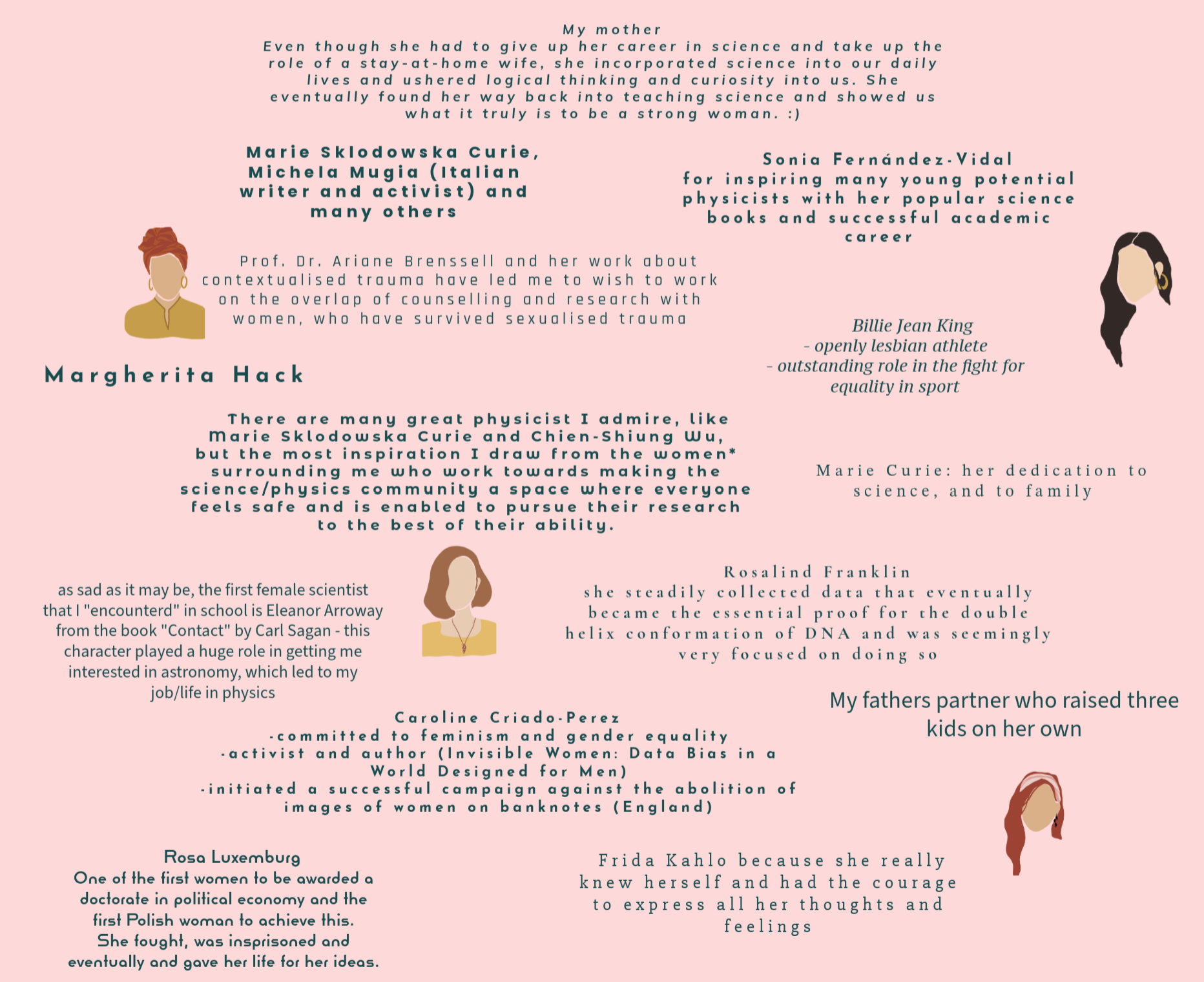
To celebrate International Women’s Day on March 8, 2024, Prof. Carla Schriever gave an online talk on the topic: Who is this Mr Noether? On the interdisciplinary (in)visualisation of female scientists.
In her talk, starting with the question which female scientists the audience would be able to name, she highlighted how little we actually know about the lives and research of many female scientists and that a lot of what we do know is often related to male colleagues. Using the specific examples of Lise Meitner and Hannah Arendt, she showed that similar experiences (for example, fleeing the Nazi regime to the USA ) and dealing with similar topics from the perspective of their respective disciplines (the atomic bomb) would certainly have offered space for connection, but that we have no information about this. In contrast, we are often well informed about (interdisciplinary) relationships between male scientists. Prof. Schriever also emphasised the importance of role models and presented approaches on how interdisciplinary solidarity among female scientists could possibly support their participation in academia.
After the exciting talk, the speaker’s book “Vordenkerinnen. Physikerinnen und Philosophinnen durch die Jahrhunderte” was drawn. During registration, there was the opportunity to indicate which woman inspires one and for what reason. The lucky winner was picked with the help of the wheel of fortune.
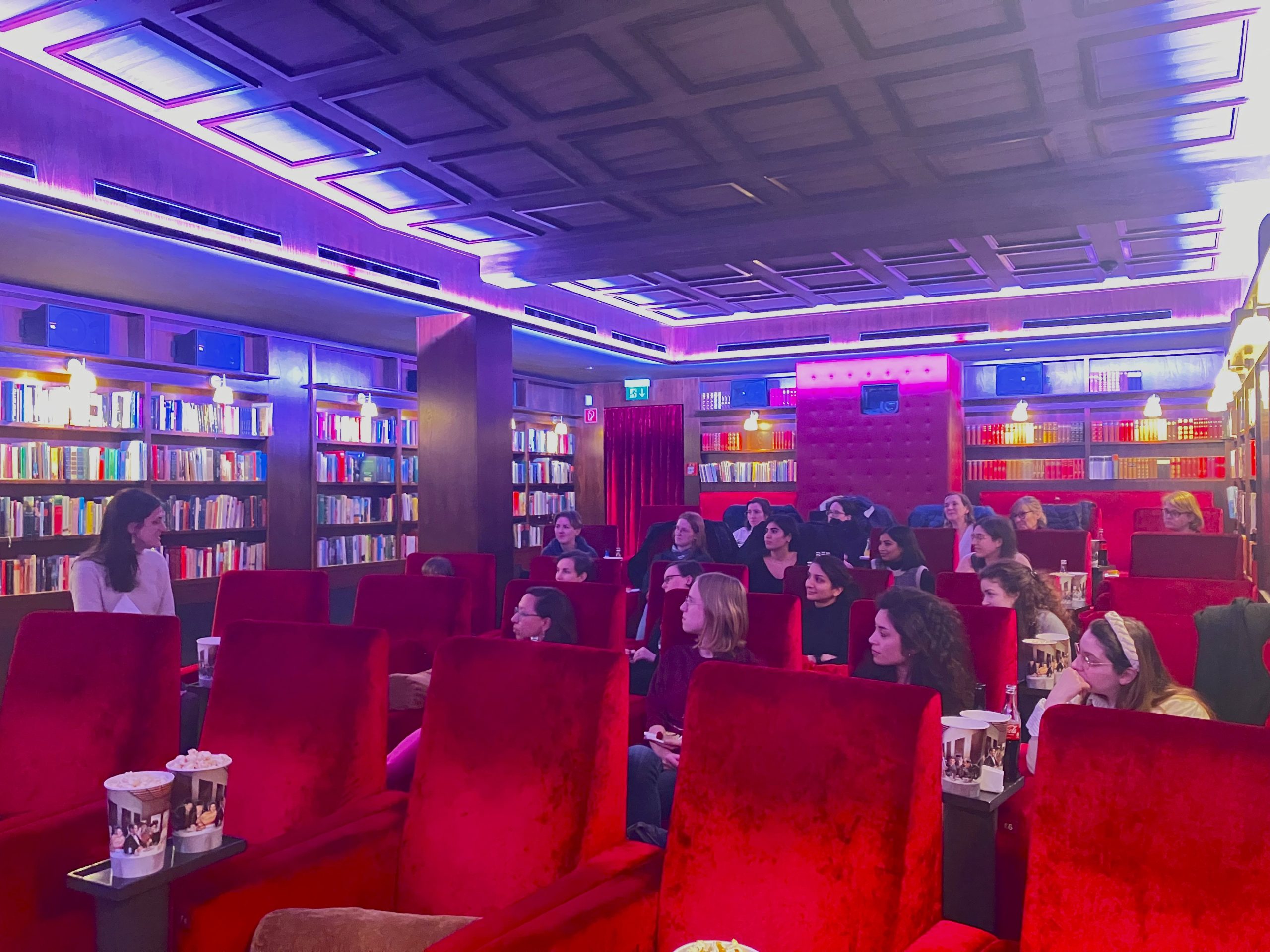
On February 23, 2024, the second Inside academia event took place at the Residenz cinema in Cologne, focusing on women* and what it can mean to be a woman* in the scientific system.
Interested female* natural scientists were invited to watch the film “Picture a scientist” together. After the film, ML4Q-professor Silvia Pappalardi gave a brief insight into how she has experienced her career as a female scientist in physics so far, where she herself has faced prejudices or barriers and what it means to her to be a woman in science. Following this short input, there was the opportunity to exchange ideas openly, share experiences, discuss critically and express everything that affects one as a woman* in science and especially in the natural sciences/physics. This event addressed both the female* scientists of ML4Q and in the natural sciences at the participating universities.
A report on the evening can be found here
* all persons who are categorised as female and are confronted with gender-specific prejudices, barriers and challenges
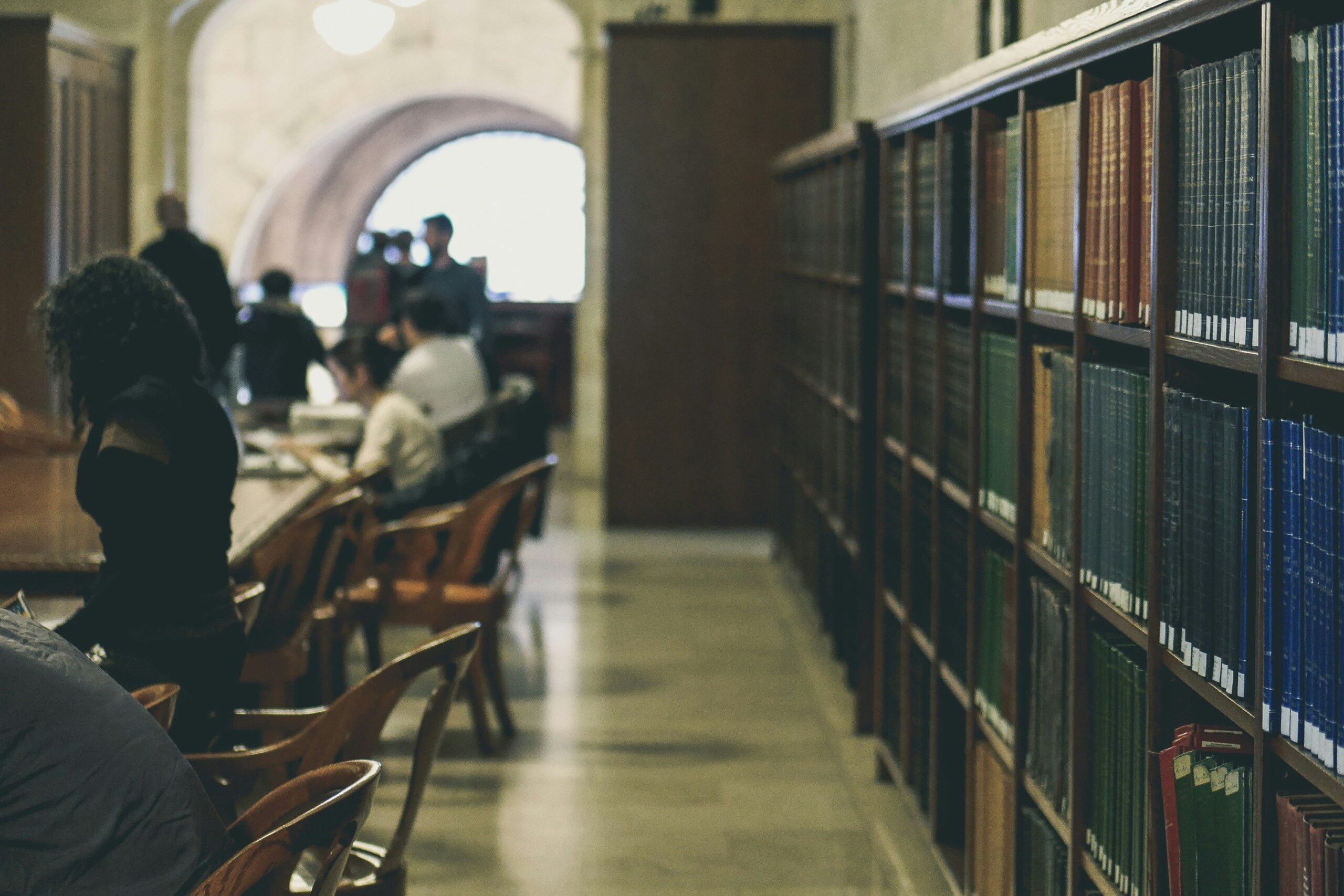
On November 24, 2023, the first event within the new ML4Q-format “Inside academia” took place. Prof. Jana Lasser, founding member of the Network against Abuse of Power in Science, was invited as guest. In her talk “Power abuse in academia – problem description and suggestions for solutions”, she highlighted various forms of power in the academic system, illustrated their abuse using case studies and suggested possible solutions at an individual, institutional and system level.
The following discussion offered the opportunity to dive deeper and more explicitly into the topic and was used lively by the participants. We are happy that the talk was well attended by internal and external participants.
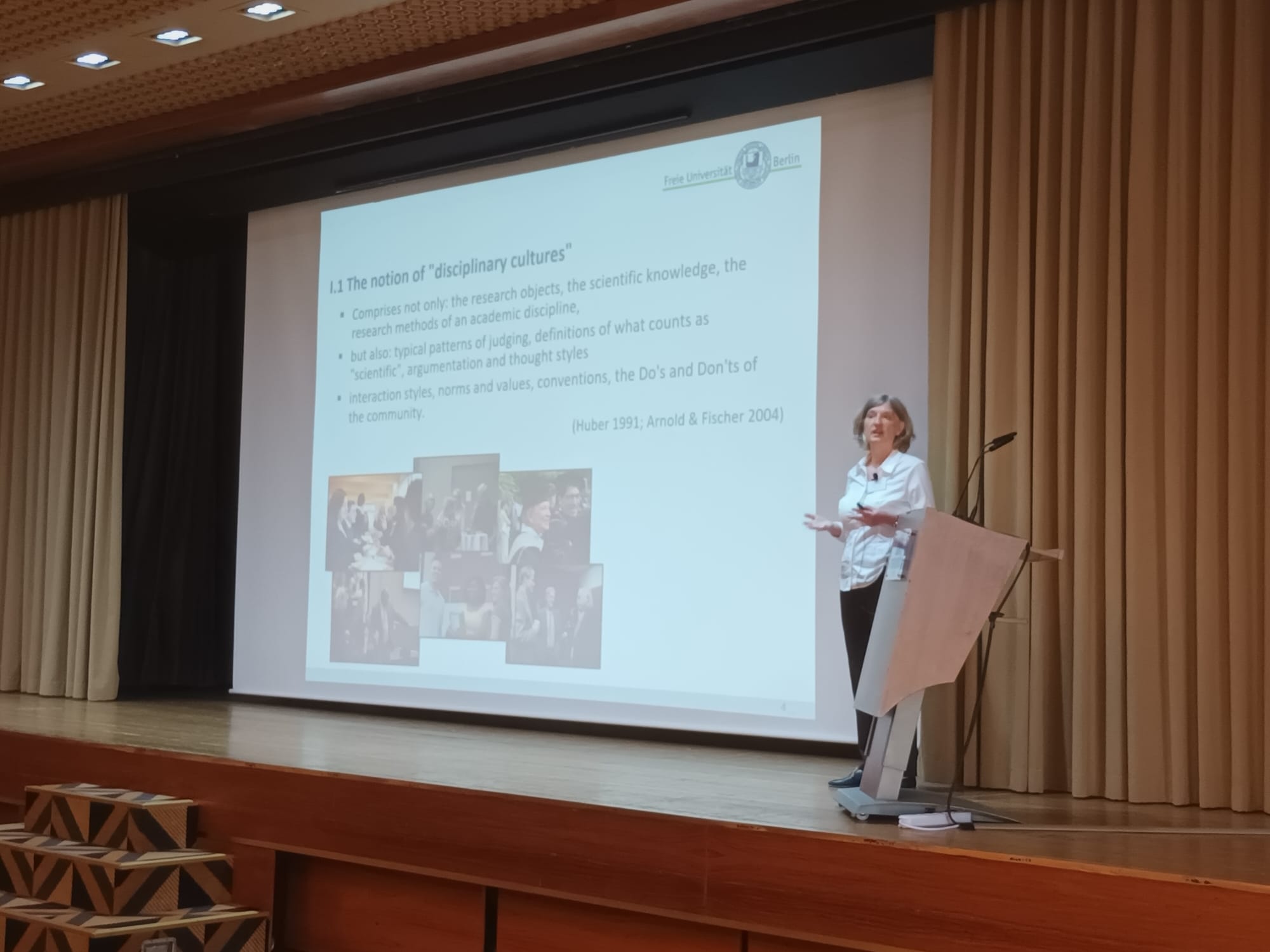
Not part of the Inside academia frame yet, but a first start in the context of what Inside academia is all about was the talk by Prof. Martina Erlemann at the ML4Q Conference on September 15, 2023.
Her talk on Gender & Diversity in the Cultures of Physics presented research on gender and diversity in physics, with a particular focus on studies on workplace cultures in physics and their impact on young scientists’ sense of belonging to the physics community.
The following discussion was an opportunity to ask questions and to put everything heard directly into context with one’s own experience in the research environment.